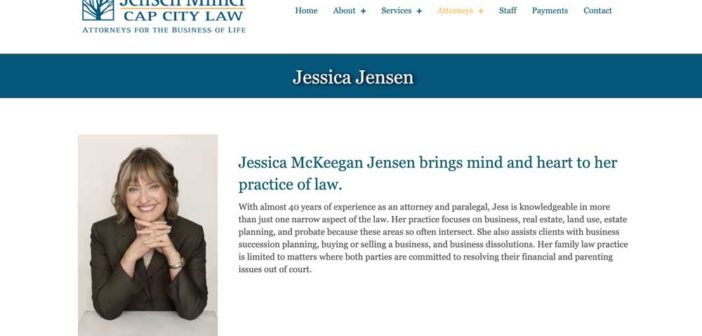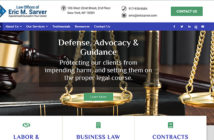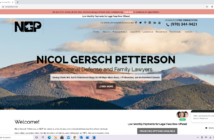This ‘holistic’ general practitioner in Olympia, Washington, artfully builds mutually beneficial collaborative relationships.
When Jessica Jensen launched a solo law practice in Olympia, Washington, in 2003, she had over 20 years of experience as an attorney starting with a small firm in Maine and later with Washington state agencies.
But she quickly realized that she didn’t have a clue how to start a firm. “I didn’t even have a business plan. I hadn’t thought about marketing. When I look back, it was ridiculous,” says Jensen. “I don’t know what I was thinking.”
She credits one of her first clients, a public relations professional, with giving her “the best advice that anybody could have given me as I was starting out,” says Jensen. “She said we live in a community that thrives on face-to-face networking, and that’s what you need to do. She gave me the lay of the land on networking.”
Jensen picked up an equally valuable pointer in a seminar on how to market a law practice that she attended in her first year as a solo. The presenter said lawyers should seek out “power partners” — professionals in fields related to their particular niche, and form mutually beneficial referral relationships.
Volunteering
Guided by those insights, Jensen joined the Chamber of Commerce, volunteered to serve on the legislative committee, and started attending the chamber’s after-hours networking events. Also in her first year, she teamed up with a friend who had recently launched a financial planning practice to offer workshops on topics ranging from estate planning to business successions.
Jensen was eventually asked to join the Chamber’s board and worked her way up to chair, which led to an invitation to join the board of the county economic development council, which she also eventually chaired. She still gives workshops with colleagues in related professions, and speaks at conferences from times to time. Jensen also teaches continuing legal education courses for the National Business Institute a couple of times a year.
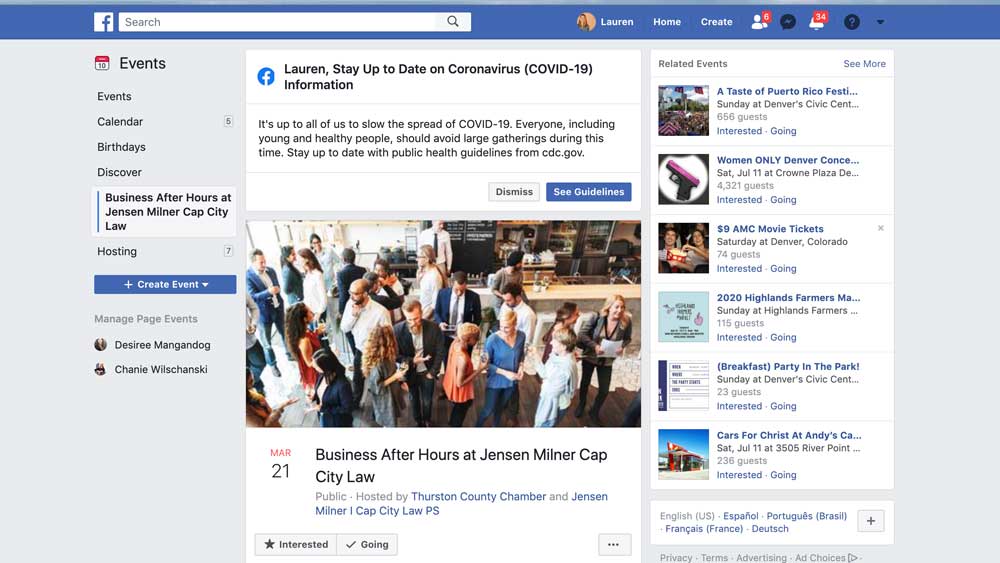
How to Hobnob
The networking that has opened the door to those high-profile positions has been the key to her success, says Jensen, now in the 18th year of a practice that has expanded to include a partner, two associates, and paralegal. Her encounters at events also convinced her to expand the scope of her practice. She assumed she would focus on real estate, having done lots of real estate work for the state, but she kept meeting people who wanted help with a contract or a trust. “I decided, well, I’m a general practitioner,” Jensen says.
Ascending through the ranks of an organization like the Chamber isn’t hard, even for a fledgling solo practitioner. “You just have to show up and be interested,” she says. The legislative committee was a good fit, given her experience. She offered to write position papers, as she had done in her seven years as an attorney for state agencies. “They were like, wow, she shows up, she’s engaged, she does what she says she’ll do.”
To make connections at chamber networking events, gregariousness helps, Jensen adds. “If someone comes up to me at a party and they have a legal issue and they want to talk about it, I’ll say, ‘Hey, go ahead, tell me about it.’ That really opens doors for me: being willing to give generic, nonspecific advice on things. People really relate to that. Another thing I learned about marketing is that you should always ask people about themselves. They will remember you because you asked about them.”
Jensen used her name tag as an icebreaker. Going back to her days in law school at the University of Maine, she had aspired to become a “holistic lawyer”–seeking solutions to legal problems that take the whole client and their full range of needs into account–and labeled herself as such. “People would see the badge and say, well, what is a holistic attorney? It forced me to learn my elevator speech, and I would get to tell them about my philosophy and my practice, and that I’m passionate about law and about business, and helping people get off to a good start in business.”
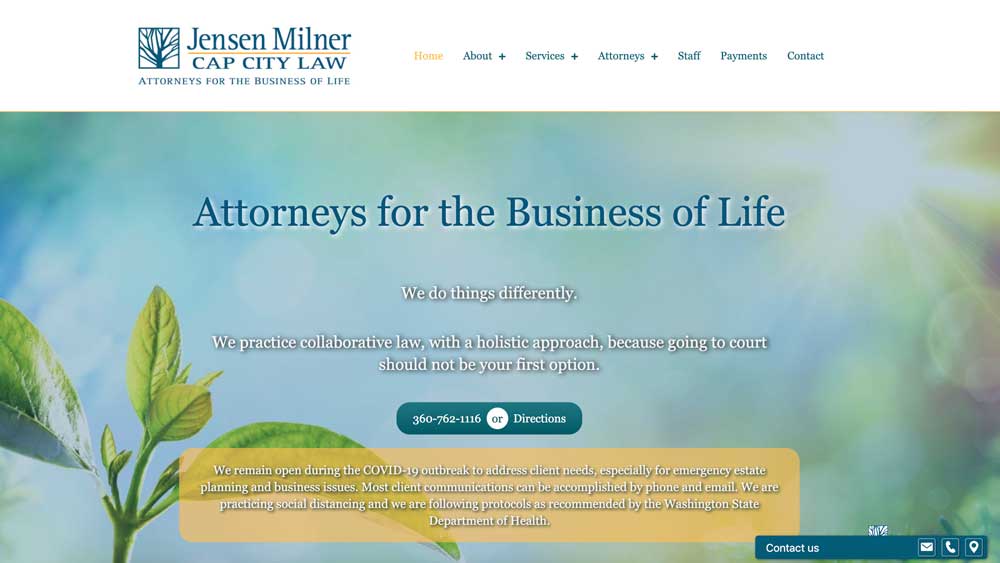
Workshops with Power Partners
The workshops she began offering in conjunction with a friend within her first year in practice started modestly. “We would rent a space or find a space that was free like a library and invite people in. We would do workshops on estate planning or business succession or the merits of corporations versus LLCs. I did a whole series on business topics. I would invite business clients or people I would meet and we would charge maybe $25 to cover the costs of the room for a three-hour session. There would be two or three of us presenting. That became a model for the workshops,” which were tailored for realtors, insurance brokers or some other particular audience.
The workshops, in the meantime, gave her a better sense of who makes a good power partner for whom. “I started seeing the triangles of business with power partners in the different areas of practice. If I’m an estate planning attorney, my power partners would be a financial advisor and an accountant. In real estate, the title company and brokers and myself are power partners. If I have clients in probate who inherit real property that they need to sell, I would refer them to realtors, and for my business clients, I am a power partner with accountants all the time and business consultants.”
Case by case, Jensen says, “you start developing a list of people. I have my own referral list of financial advisors and accountants and business consultants, that kind of thing. We all support each other in this big circle of power partners.”
While building long-term relationships with her workshop collaborators, Jensen also reeled in clients. “I found that when I’ve got a whole bunch of people at one place who are paying attention to me, I almost always get one or two clients, sometimes more,” she says. “Some of the people I can still picture sitting in my first conferences back in 2004 are still my clients today.”
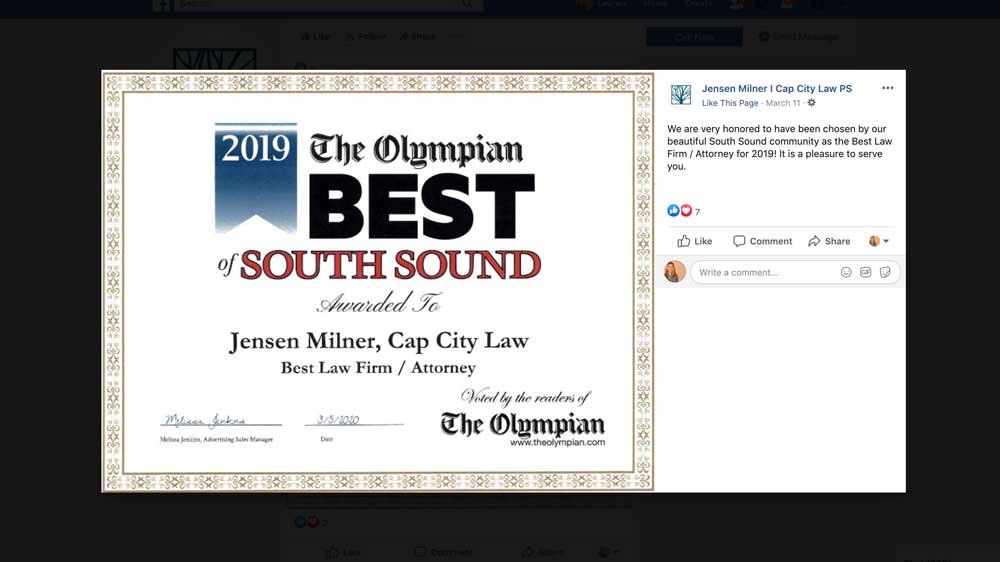
Eagerly Seeking Collaborators
From the start, Jensen was proactive in her search for power partners, and in arranging get-togethers with them. “When you do a lunch or something with someone, you get to know them,” she says. “The rule is that people will do business with people they know, like, and trust. There’s another rule that it takes five meetings with someone in a casual environment before they really remember you. But if you sit down and have a lunch with someone and you talk about what kind of work you do, and what kind of clients you are looking for, and you ask them what they do, and what they like to do for fun, you develop a rapport.”
In her early years in practice, Jensen wasn’t averse to cold calling prospects and asking them out for lunch. She figured if they were collaborative by nature—in other words, the sort of people she would want to work with—they would be receptive to the overture. “They’re in the same boat. They want to generate business, too, so if they’re smart, they should welcome the chance to meet,” says Jensen, who adds, “After a while you start to realize who is receptive to collaboration and who is not. You want to gravitate toward the people who have a clue.”
Jensen made a habit of reaching out to others providing professionals services to her clients.”If I was doing an estate plan for a client, I would call up their financial planner or accountant and say, ‘You know their financial picture better than I ever will, this is what I’m thinking but I would like to get your perspective.’ If I got a cold response, like why are you calling me, then I knew they were not collaborative, that they didn’t get it. Those that got it would say, ‘I never had an attorney call me before, this is really cool.’”
Jensen would follow up with them. And that is how she developed a now-robust network of colleagues whom she regularly teams up with on cases. Anyone can do it, starting from scratch, she says. “You meet somebody at a networking event and you hit it off, exchange cards, and say, ‘Let’s do lunch or do coffee or whatever.’ You do a lot of lunches and coffees early on. But it’s all tax-deductible. It’s a business expense. It’s part of your business development.”
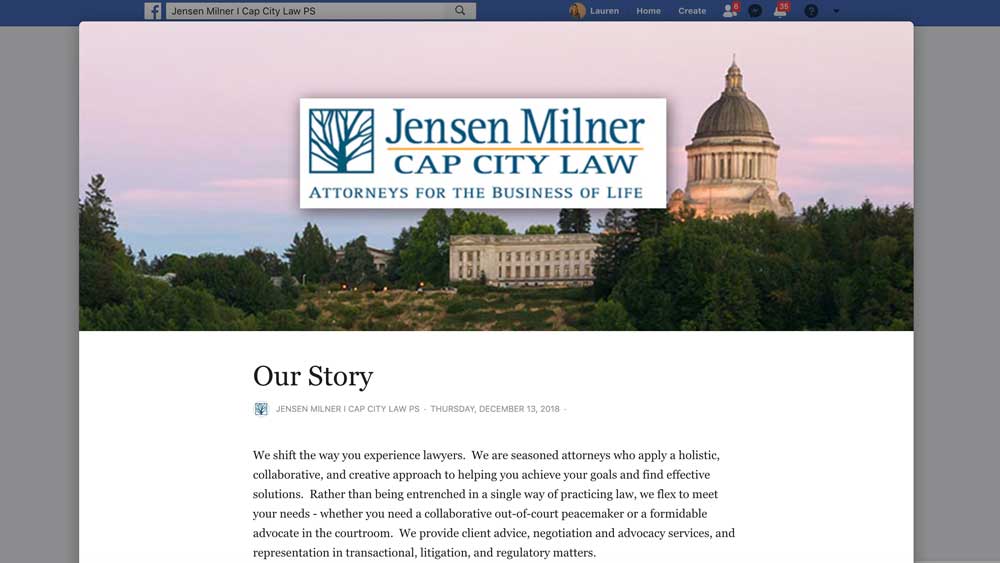
Board Work Boundaries
Jensen remains active on boards of business associations and nonprofits. The mix has shifted over time. When she had young children, she gravitated to nonprofits involving children. As “an old granola girl who likes being in the outdoors,” she has lately become more active with organizations such as a climate action group, and public land trusts.
These days, she favors positions on boards with policy-advisory functions rather than working boards. Service on the latter can be worthwhile for a while. “Seeing a working board from the inside out, and the finance and personnel matters they have to deal with, is a huge learning experience,” she says. But it can be a time suck. “You have to be smart about it. And you need to have a good exit strategy.”
If the experience is personally fulfilling, it is likely to be good for business, as well, Jensen says. “Focus on what you love, and do things for the right reason, with your whole heart, and it will come back to you. The thing about doing what you love and the money will come is true.”

